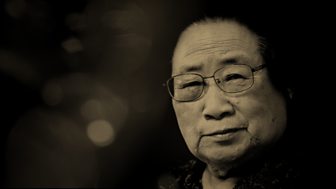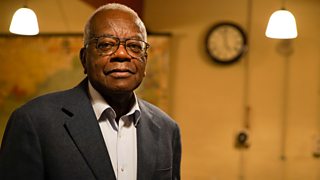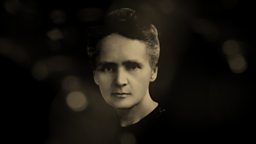Tu Youyou
| Fact title | Fact data |
|---|---|
| Lived: |
1930-present
|
| Born: |
Ningbo, Zhejiang province, China
|
| Known for: |
Pharmaceutical chemist whose research helped saved millions of lives
|
Inspired by ancient books, Chinese chemist Tu Youyou discovered a new treatment for malaria, which has helped save lives globally.
Every scientist dreams of doing something that can help the world.
1. She was a scientist at a risky time in Chinese history
Tu trained as a scientist in communist China, however by the 1960s the profession was a dangerous job in the centralist state. Officials mistrusted intellectuals and scientists, executing, imprisoning or punishing many of them in 're-education camps'. Many research programmes were stopped and Tu’s own husband, an engineer, was detained. Tu herself was recruited for one of the few scientific projects going – a secret military one to find an antimalarial. She felt huge pressure and as an enforced ‘single mum’ Tu had to send her two young daughters away in order to continue her research.
2. She looked back as well as forward
As part of the programme charged with finding a treatment for malaria, Tu was inspired by an ancient Chinese text which said sweet wormwood was used to tackle intermittent fevers (a hallmark of malaria) around 400 AD. In the herb Tu discovered a compound, now known as artemisinin, which proved an effective treatment for the infection. Tu herself volunteered to be the first human recipient.
3. She saw her work cross a divided world
For many years China’s new treatment for malaria was confined to the East. Gradually, as global politics changed, and Communist countries and democracies became more willing to share knowledge, news of her discovery eventually filtered out of China. Western drug companies began mass production. With half the world’s population at risk from malaria, Tu and artemisinin’s vast impact cannot be underestimated. As her Nobel Prize summary states her work has “led to the survival and improved health of millions of people.”
-
![]() SCIENTISTS WINNER
SCIENTISTS WINNER






 SCIENTISTS WINNER
SCIENTISTS WINNER



